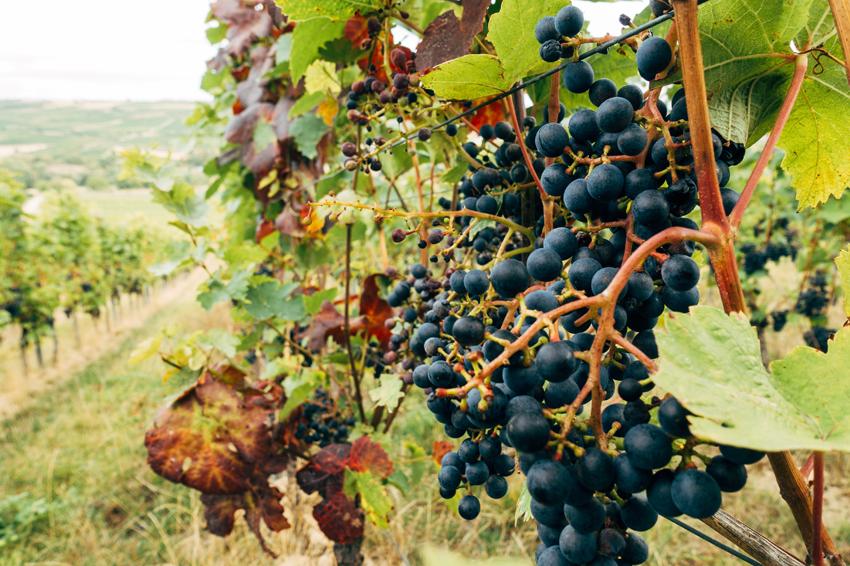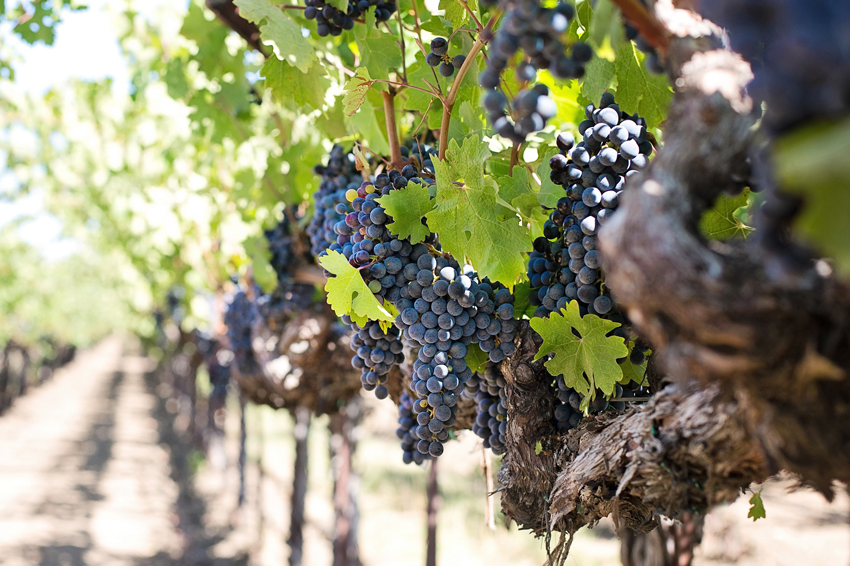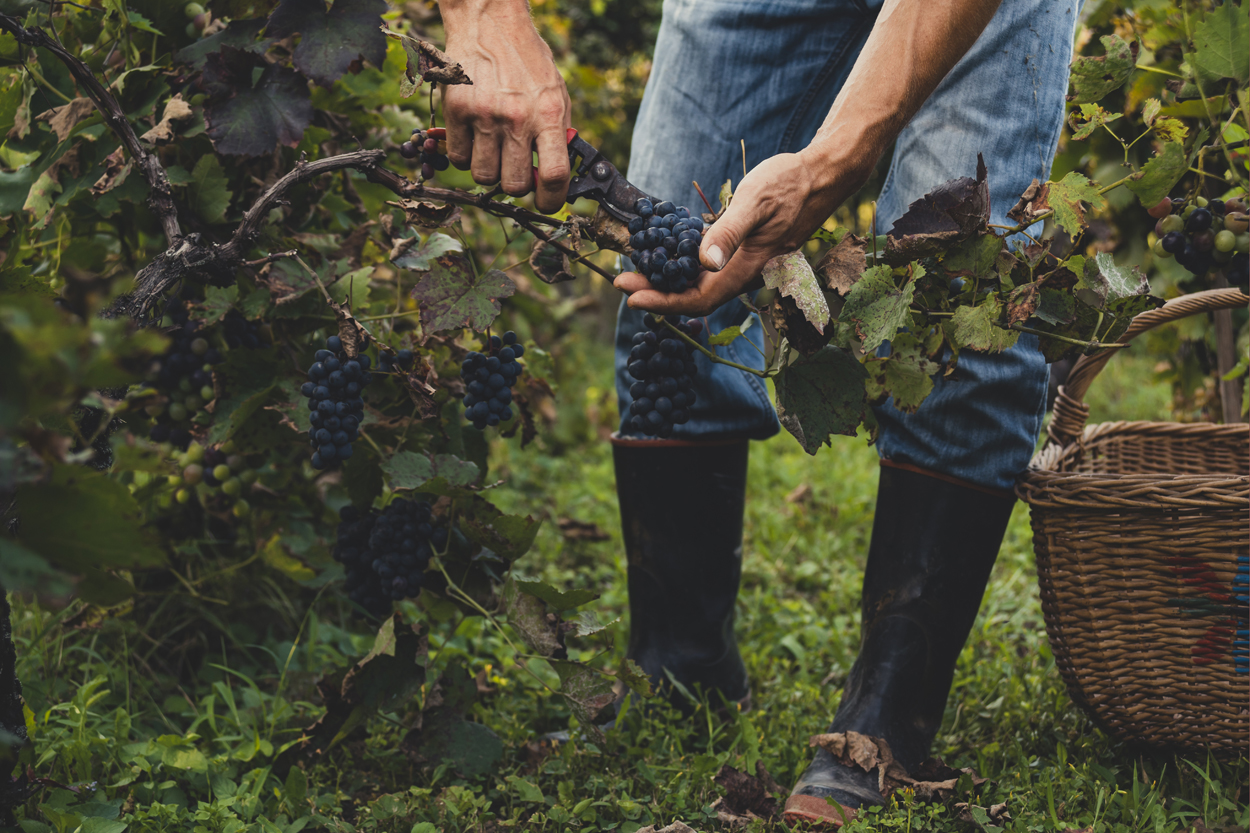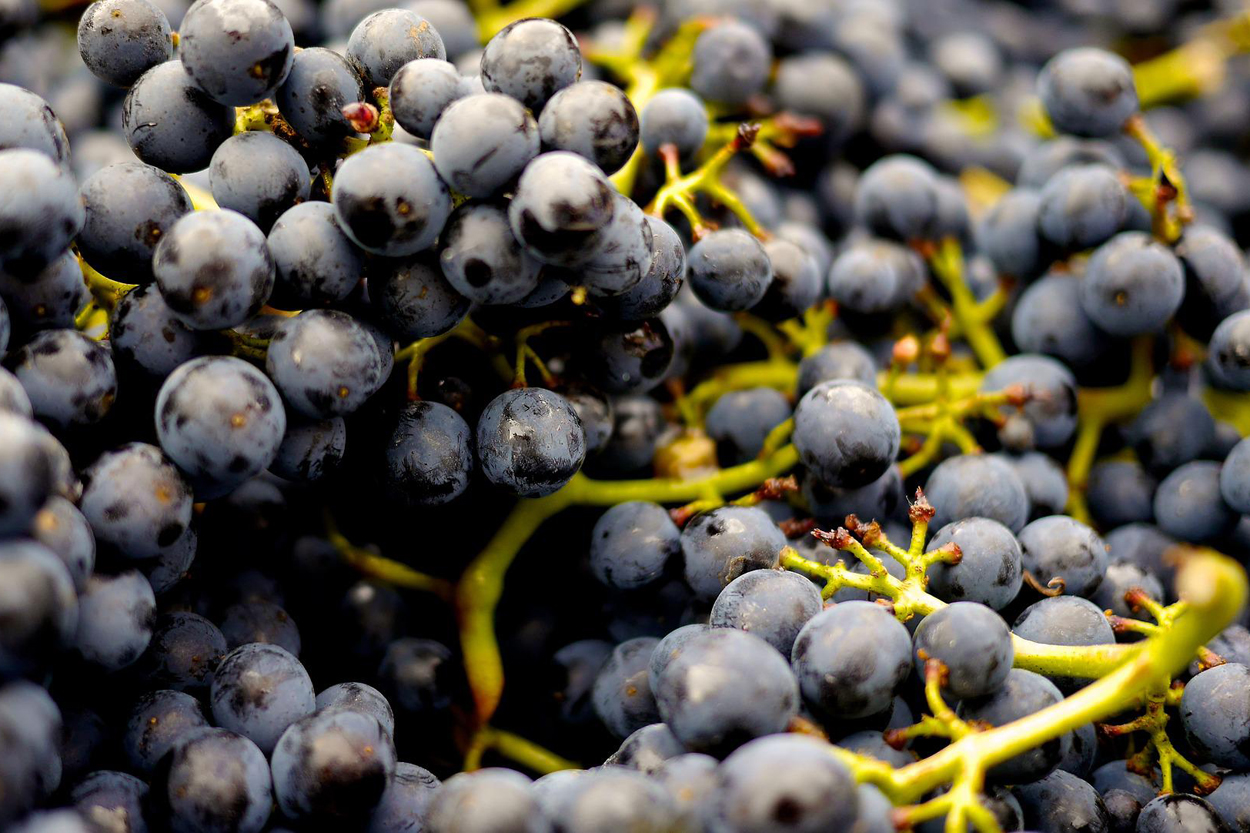Vegan friendly wine demand is continuing to grow, as more people adopt a vegan lifestyle and align themselves with plant-based living. This is no longer just a trend but a lifestyle choice, particularly for younger generations. Health consciousness among consumers as well as environmental concerns, climate change and sustainable living are propelling the demand for Vegan Wine.
What makes a wine vegan?
One would assume that all wine was vegan after all wine is just fermented grape juice, right? The grape juice goes into a fermentation tank or vessel where yeast (natural or inoculated), begins to convert the sugars into alcohol, turning your syrupy grape juice into wine. At this point in the winemaking process the liquid will contain floating particles which will be a mixture of tiny grape skin fragments, yeast cells, unstable proteins, tartrates, phenolics and tannins making the wine appear clouded and murky. These particles are perfectly natural derivatives of fermentation but they need to be removed for the wine to have a clear and bright appearance. It is during this fining process that wines can become non-vegan.


Fining agents
The main purpose of the fining agent is for clarification and stabilisation of the wine, it does not change the flavour of the wine. The fining agent acts like a magnet to which the floating molecules attach to as it passes through the wine giving it clarity and removing impurities. . Many traditional fining agents are animal derived for example albumin (egg white), casein (milk protein) or isinglass (fish bladder) and can make a wine unsuitable for vegans. Once the fining agent has passed through the wine, it is removed. The fining agent will only be declared on the label if it is above detectable limits and therefore an allergen warning is required (i.e. detectable limits in the finished product at levels above 0.25g/litre).
Vegan friendly wines
Vegan wines use non-animal derived fining agents such as bentonite (clay), charcoal, pea protein or even a fine filter paper. Wines that are labelled as ‘unfiltered’ or unfined’ are also vegan friendly as they have not used a fining agent. These wines will still contain the natural sediment and may need to be decanted before drinking. Some wine makers feel that fining the wine strips some of the nuanced character of the wine.
The majority of wines produced today are in fact vegan, but they don’t always specify on the label. Regulations in the UK do not currently require producers to list fining agents on labels so it can be difficult to figure out if a wine is vegan by looking at the label alone. If in doubt, check on the website for a list of our vegan friendly wines. Or look up the producer, as they will make it clear on their website whether their wines are vegan.
Our top vegan friendly wines

































